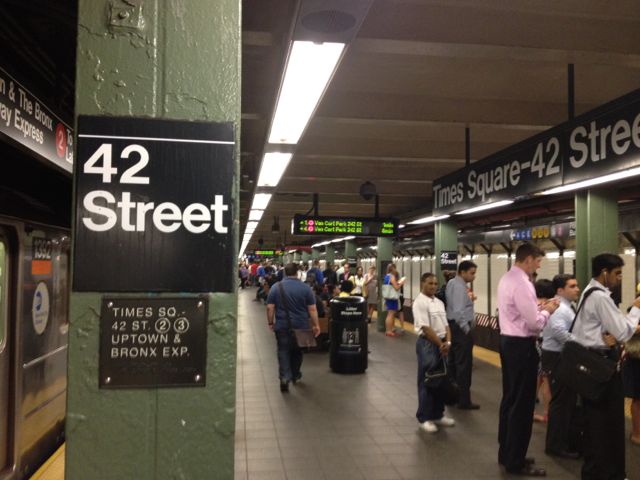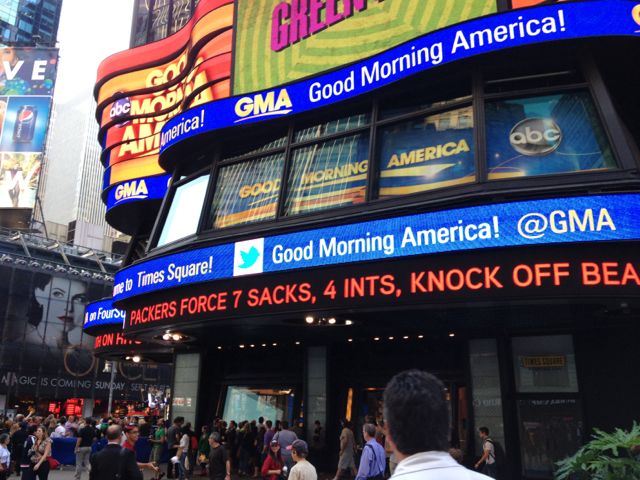
One of us is wrong, and it’s not me (right?). Conflict and adversity are an everyday part of business life.
For one, profit is the goal.
For the other, the reward.
How do they meet in the middle?
As soon as I tell you your wrong, you fight back even harder.
And likewise when you tell me I’m wrong.
Who, and what, gives… that is the question.
No easy answer, but we must lead with a balanced score card – how will any decision affect the finances, customers, and employees?
A great cost saver may unduly pressure employees, or negatively raise the customer’s hassle factor.
A helpful, nice to have, employee service may require money needed for key business drivers.
Great customer service may provide five-star service to a few at the expense of the general population.
These daily challenges are either the spice of life, or the bane of our existence.
Next Blog

